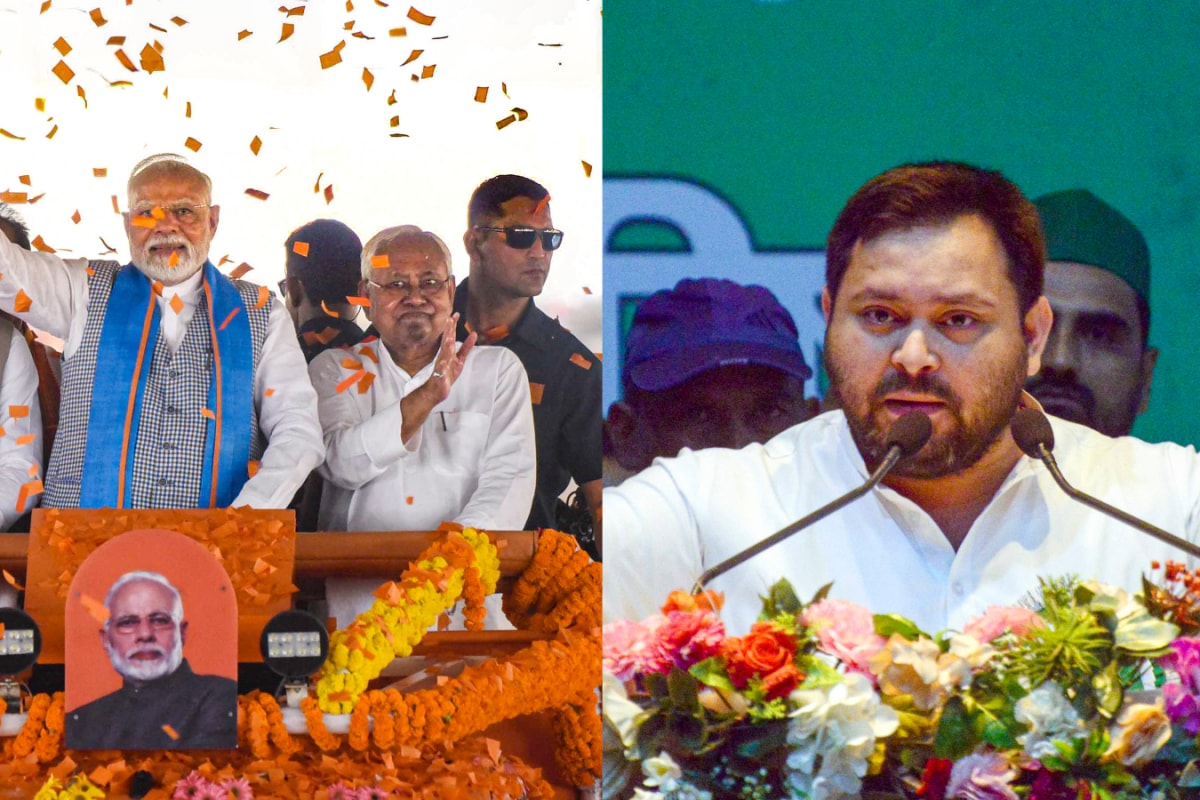

As Bihar gears up for the 2025 Assembly elections, the political atmosphere is intensifying, with the Janata Dal (United) [JD(U)] and the Rashtriya Janata Dal [RJD] already in campaign mode. The key narratives revolve around contrasting governance models: the "Jungle Raj" associated with the RJD's past versus the "Susashan" (good governance) championed by the JD(U). Adding a new dimension to this electoral battle is the ongoing revision of electoral rolls, an exercise that has sparked both anticipation and controversy.
The Election Commission of India (ECI) has initiated a "Special Intensive Revision" (SIR) of Bihar's electoral rolls ahead of the elections expected between September and November 2025. The stated objective is to ensure an accurate electoral roll by including all eligible citizens and removing ineligible voters, such as the deceased, those who have shifted, and non-citizens. The last intensive revision in Bihar was conducted in 2003. As of January 1, 2025, Bihar's Draft Electoral Rolls stand at close to 7.96 crore electors.
However, the hurried timeline and documentation requirements have raised concerns about the potential exclusion of genuine voters. The ECI stated that 4.96 crore individuals on the 2003 electoral roll would not need to submit fresh documents, and their children could use an extract of the 2003 roll as proof of parentage. However, an estimated 1.8 crore from the 2003 list have either passed away or migrated, leaving approximately 3.16 crore eligible for simplified verification. This leaves a significant number of people needing to provide fresh documents to prove their elector status within a short timeframe.
The ECI's list of acceptable documents has also been criticized for excluding widely available documents like Aadhaar or current ration cards, which are more accessible to marginalized communities in Bihar. Opposition parties have protested the SIR, branding it as a "backdoor NRC (National Register of Citizens)" and alleging that it poses a serious threat of disenfranchisement. Concerns have been raised that the ECI is asking for documentation proof not only of electors but also of their parents, leading to fears of large-scale exclusion.
Political parties are actively participating in the revision process. The BJP has alleged that undocumented migrants have registered as voters. The SIR exercise began on June 25, 2025, and is scheduled to end on September 30, 2025, with the publication of the updated voter rolls.
Meanwhile, the JD(U) and RJD are strategizing to gain an edge in the upcoming elections. The JD(U) aims to defend its political relevance, while the RJD is banking on the youth vote and addressing issues such as unemployment. The BJP is investing resources to broaden its base beyond traditional strongholds.
Bihar's demographic landscape, with a significant portion of the population under 25, makes young voters a crucial target. Issues such as jobs, education, and digital connectivity are high on their priority list. Parties are focusing on booth-level strategies and youth-centric manifestos to appeal to this demographic.
The entry of Prashant Kishor's Jan Suraaj Party adds another layer of complexity. With a focus on youth issues, it has the potential to disrupt established coalitions.
The 2025 elections are crucial for all parties, including the BJP, JD(U), RJD, and Congress. The Congress party's reluctance to endorse Tejashwi Yadav as the Chief Ministerial candidate has created friction within the Mahagathbandan alliance. A fragmented opposition could make it easier for the ruling BJP and JD(U) to win the election.
The revision of electoral rolls and the campaign strategies of the key political players highlight the intense political activity in Bihar as it approaches the 2025 Assembly elections.